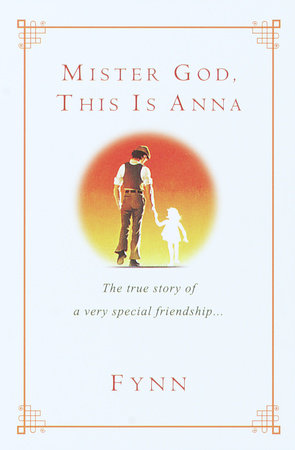When I closed the book, Mister God This is Anna, I knew my world had changed.
That was well over twenty five years ago. Anna had a love and a friendship with God that carried her through every moment of her short life. She liked Him. She admired Him. And she used her ability to ponder and contemplate aspects of life, through her relationship with Him.
During this time in our worlds waring her/ history I realise opinions, judgments, perspectives and attitudes are all colliding like beads of mercury from a broken thermometer. Remember what happened when a thermometer broke and how hard it was to gather all those beads without spreading the fumes of mercury around the room?
Depending on the type and amount of mercury, exposure to mercury can damage the nervous system, kidneys, liver and immune system. Breathing mercury vapours can harm the nervous system, lungs and kidneys. Mercury vapours can pass easily from the lungs to the bloodstream. But ironically if one swallows a little mercury from a broken thermometer is will not damage you because its slippery texture won’t absorb into your skin or intestine.
one swallows a little mercury from a broken thermometer is will not damage you because its slippery texture won’t absorb into your skin or intestine.
It’s only when you breathe it in, that the damage begins.
If we allow our opinions and perspectives to roll around lightly like mercury on a plate we have a better chance of bringing them together, gently into one ball and resolving the problem together.
It is only when we start to breathe in our own righteous beliefs and use our rage and indignation and fury to prove the other is at fault, that we spill the beads of mercury onto the carpet and trample them with our feet and find ourselves in deadly situations.
Anna asked,
“Why do people have fights and wars and things?”
And she answers herself,
“Because
In other words, humanity in general has an infinite number of points of view,
whereas Mister God has an infinite number of viewing points.
I often imagine what it would feel like to be the other. To be in the heart and mind of another. I want to understand what make you believe and feel this way.
Spinoza, says that the striving mind is nothing but understanding and “cannot conceive anything good for itself except what leads to understanding.”
Many people I know think they know and share their thoughts as if they are facts. But facts and truth are not the same.
Facts and Truth are not the same.
Facts go beyond theories.
They are proven through calculation and experience or
they are something that definitively occur in the past.
Truth is entirely different.
It may include fact, but it can also include belief.
William Faulkner American Novelist says, “Facts and truth really don’t have much to do with each other.”
He said that a fact is something that inevitably exists. A truth is something that must be created. Facts are like elements. They are the most basic form of life. Truth is like minerals — it is made up of elements, but can take an infinite number of forms. Its structure and components vary, and sometimes it has imperfections. Nonetheless, it is made from elements.
And that’s why quoting dates from the bible, from history, from maps do not always lead us to the Truth.
Krista Tippet, from the podcast On Being says, responding to Hannah Arendt’s writings that
“We have conflated facts with truth and we have competing facts and this utterly divides us.”
 Hannah Arendt, a German American historian and philosopher says,
Hannah Arendt, a German American historian and philosopher says,
“Llving with different facts, knowing I do not possess the same facts as you, is in itself separating and lonely.”
But she also writes in “Men in Dark Times (1968), “….Even in the darkest of times we have the right to expect some illumination, and that such illumination, might well come less from theories and concepts than from the uncertain, flickering, and often weak light that some men and women, in their lives and their works, will kindle under almost all circumstances and shed over the timespan that was given to them.”
We live in times where family, friends and colleagues sometimes fight to be right through repeating facts and dates and history, and they often leave others wordless and silent because, it is not the facts that matter as much as the subjective sensuality of the others experience.
We need to delve far deeper than we have to understand the other. What does this taste like to you? What does that feel like? Can you see what I see? What do you hate? What do you need?
Truth is subjective. All we can do is to acknowledge another’s truth comes from their subjective reality and try to imagine this from their points of view.
It is our own internal pilgrimage. A journey that can lead to gathering all beads of mercury into one big ball and then together throwing the poison away.
